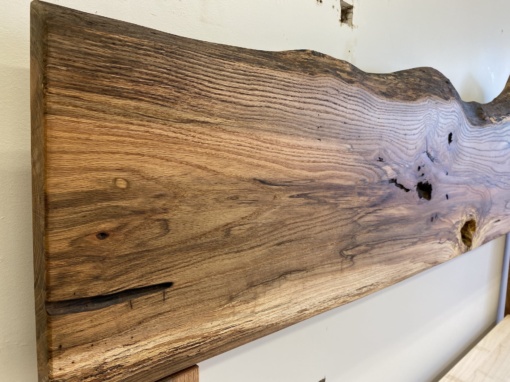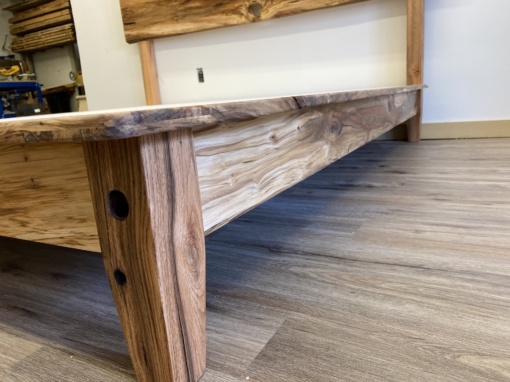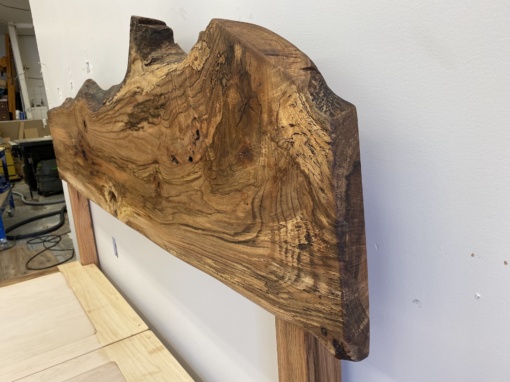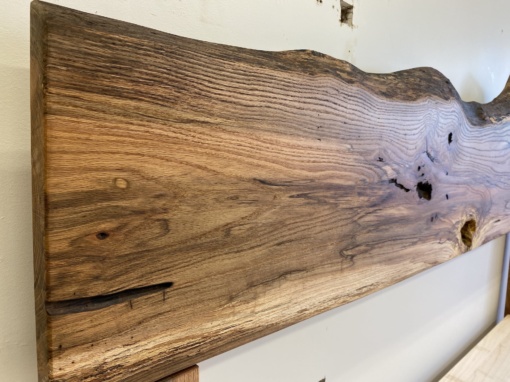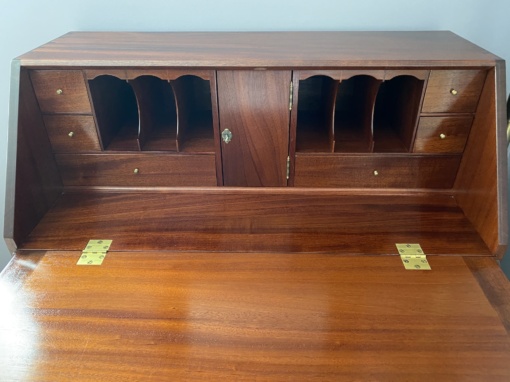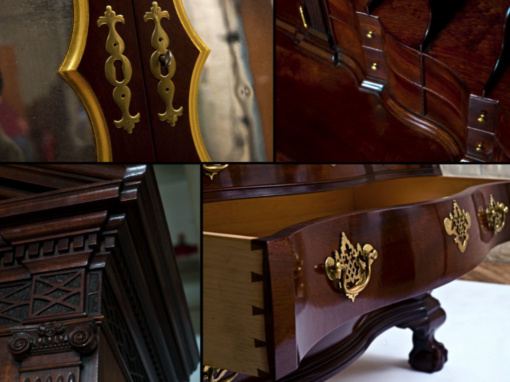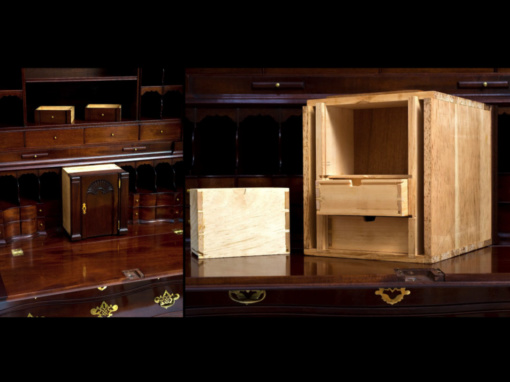 Condominium living offers all the benefits of home ownership without the hassles of yard care or exterior maintenance, freeing owners to enjoy spare time without the chores. |
Condos, Associations, and Cooperatives
Condominiums, homeowners associations, and cooperatives are the three main types of common-owned interest communities in the United States. They have been part of the housing landscape for the past 30 years, starting with the conversion of rental units to primary residential units in major urban areas. They differ from one another in how the physical structures are owned, not the physical styles of the building.
The Community Associations Institute, a non-profit alliance serving all stakeholders in community associations, describes the differences this way: In typical homeowner and condominium associations, the association owns the common facilities. A condominium owner typically owns title to an individual interest in the common facility. A member of a homeowner association actually owns the lot on which his or her home sits. In a cooperative, the homeowner owns stock in a cooperative corporation and has a right to occupy a unit by virtue of being a shareholder.
Policy is set by a board of volunteers elected by fellow owners. The actual management usually is at one of three levels. Condominiums are often run by a real estate agent or owner/broker set-up. They may self manage as a group, processing checks, paying bills, and handling delinquencies. Another management option is to employ a full-service firm that provides a manager to handle the budget and answer concerns. It is important to review the management of the commonly held properties to get a sense of how overall worth will be maintained.
 |
||||
|
||||
Understanding Condo Conditions
Beyond its great location, fabulous architecture, or wonderful amenities, a condominium includes certain responsibilities. Potential owners must thoroughly understand what their purchase will involve. While you may hire a building inspector to check the physical and mechanical condition of your unit, consider contracting an independent third party such as a real estate attorney to advise you on the purchase, responsibilities, and any possible issues.
Chris Melson is co-owner and president of CFM Management Services, of Alexandria, Va., a firm that manages planned communities, condominiums, and cooperatives in the Washington, D.C., area. He says that too frequently people don’t take the time to investigate, so they buy in and then find they have to make additional financial contributions to fix issues with the building.
Melson says prospective owners have a right—and should make the time—to examine an association’s books and records. “It’s important to understand the financial stability of a condominium, the increases in its association fees, its reserves. If the questions can be answered in a positive way, then a person can be assured that the condominium is reasonably well managed.”
Condo Financials
Obtaining a mortgage for a condominium is the same as for any single-family home. As an owner, you are responsible for your utility bills, real estate taxes and maintenance on your unit, and any interior repairs or remodeling. Through an association fee, you will also share in the responsibility for grounds, exterior building maintenance, and replacement of items such as roofs. A portion of the association fee may be tax deductible if the capital improvements made by the association directly improve your condominium. The association pays for fire, replacement, and liability insurance out of the association fees. You will need to obtain your own liability insurance for invitees or guests and for damage to other units as well as insurance for your personal effects.
As you check out potential units, you may find that association fees are marketed as though the stated fee is the fee for life. It’s not. According to Melson, a well-managed condo’s fee should track with inflation. However, recent years have seen assaults on fees as prices have skyrocketed for natural gas, oil, electricity, and insurance. Oftentimes these charges were passed on through asphalt, paint, plastic, and other contractor charges. Ask questions openly with regard to association fees, increases, and line items in the annual budget.
Association fees also vary depending on the services offered. A luxury condo fee, for example, might include the cost of 24-hour front desk service and onsite staff. Very often the largest portion of an association fee is for common utilities such as lighting, water, heat, and electricity.
 Many condominium associations offer amenities like swimming pools, exercise rooms, and community centers. Insurance and maintenance of these facilities will be included in your annual association fee. |
Amenities to share, rules to obey
Owning part of a community can have many benefits. Owners get to enjoy the common amenities—perhaps a community pool, attractive grounds, or recreational opportunities. Owners are also subject to association rules and regulations. The rules can apply to such factors as assessments, landscaping, parking, noise, number of cars, and even your choice of paint colors. If you don’t like rules, a condo may not be a good match for you.
Owners can personalize their condos, but some projects must be pre-approved. As aging buildings require updates, many associations are allowing more significant changes, including additions, so long as they don’t disrupt common elements.
Typical areas of conflict are noise, pets, and parking. Association rules attempt to strike a balance between the best interests of the individual and the community. Melson says rules are not usually onerous and are commonly adapted by the association to fit the people who live there.
Credit: Renovate Your World


